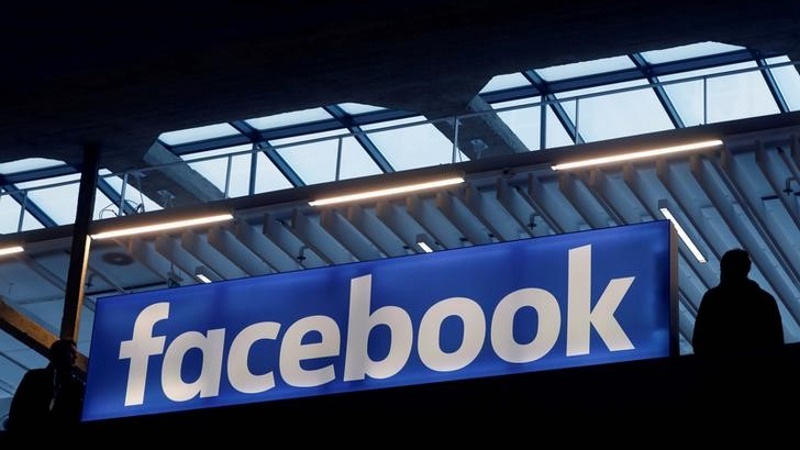Facebook is taking a step forward to deal with the extremist content on the Internet by teaching the charities and other non-government organizations about how to combat hate speech. The tech giant will be introducing the Online Civil Courage Initiative in the United Kingdom. This initiative will basically include the coaching of the organizations about how to keep track of and react to extremist material. It will also create a devoted support desk where they can directly put up their concerns with Facebook.

The initiative was launched after Twitter, Google, Facebook, and other technology companies witnessed criticism regarding the spread of extremist content online. Facebook is functioning on this initiative together with the Institute for Strategic Dialogue, which is a counter-extremism campaign team. The Chief Operating Officer of Facebook, Sheryl Sandberg, said, “There is no space for violence or hate on the Facebook platform. We use technology such as artificial intelligence to map and eliminate terrorist propaganda, and we have groups of counterterrorism reviewers and experts across the globe functioning to keep extremist material off our platform.”
The British Government has increased pressure on the Silicon Valley Internet companies for not responding fast enough to remove the extremist online propaganda and endorse “safe dwellings” where extremists can stay after a series of attacks in Manchester and London in recent months. Twitter, Google of Alphabet Inc., and Facebook have replied by saying they have made hefty investments and hired thousands of individuals to take down violent and hate speech content over the last 2 years. According to the security analysts, the efforts have deemed to intensely decrease the usage of these interfaces for jihadist enrollment efforts, even though more work is required to be done.
Theresa May, Prime Minister, has sought to procure the opinion of the British public to force the Internet players of the United States to function more closely with the government instead of intending new policies or legislation to establish greater authority over the web. Many urged the fellow European Union leaders, at a meeting held in Brussels, to team up with her in order to put stress on tech companies to do away with the terrorist content from the Internet in all languages.
She asked the Internet companies to change from reactively eliminating material when they are alerted of it, toward more use of automatic recognition and elimination tools and eventually stopping it from being seen on their interfaces in the first place.













